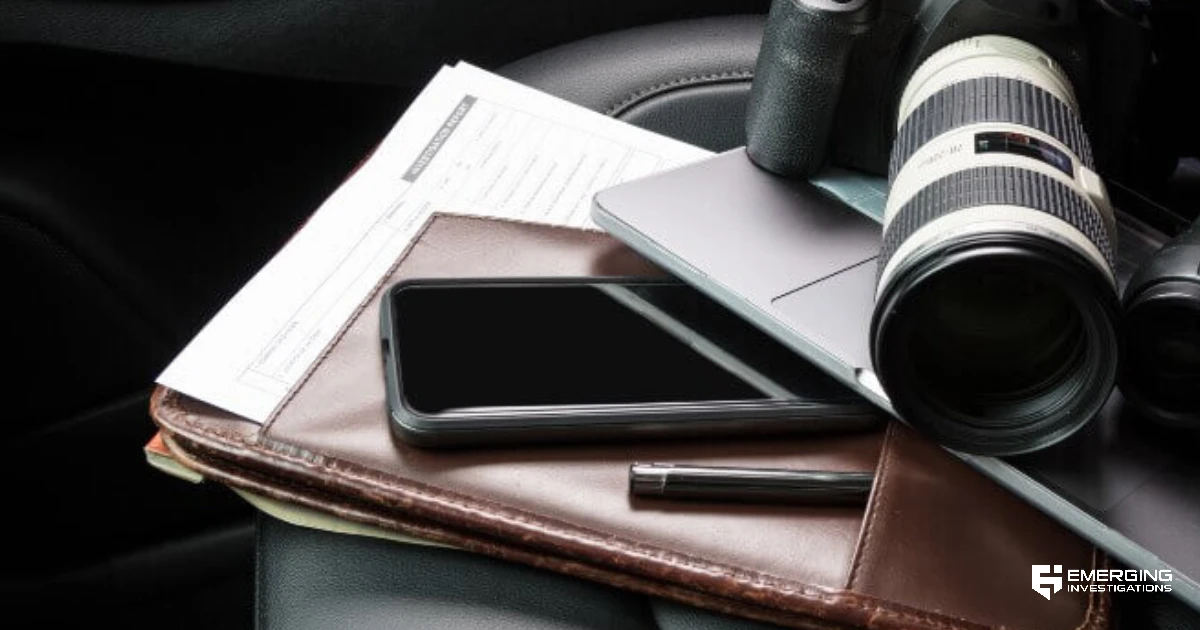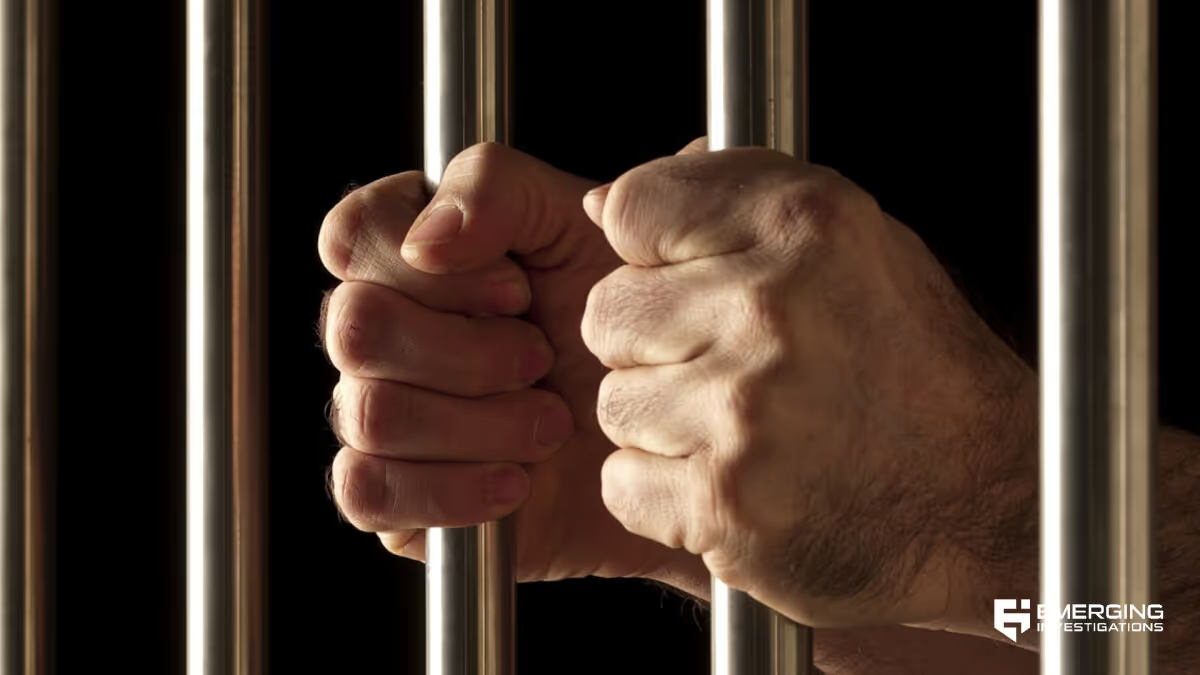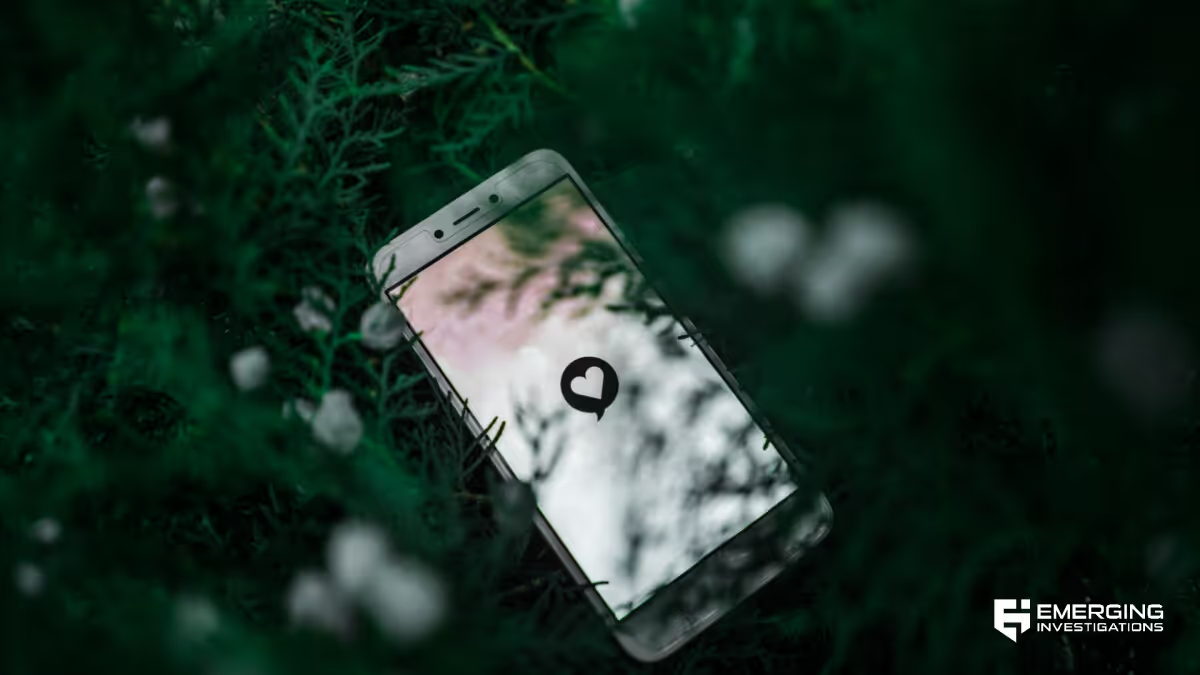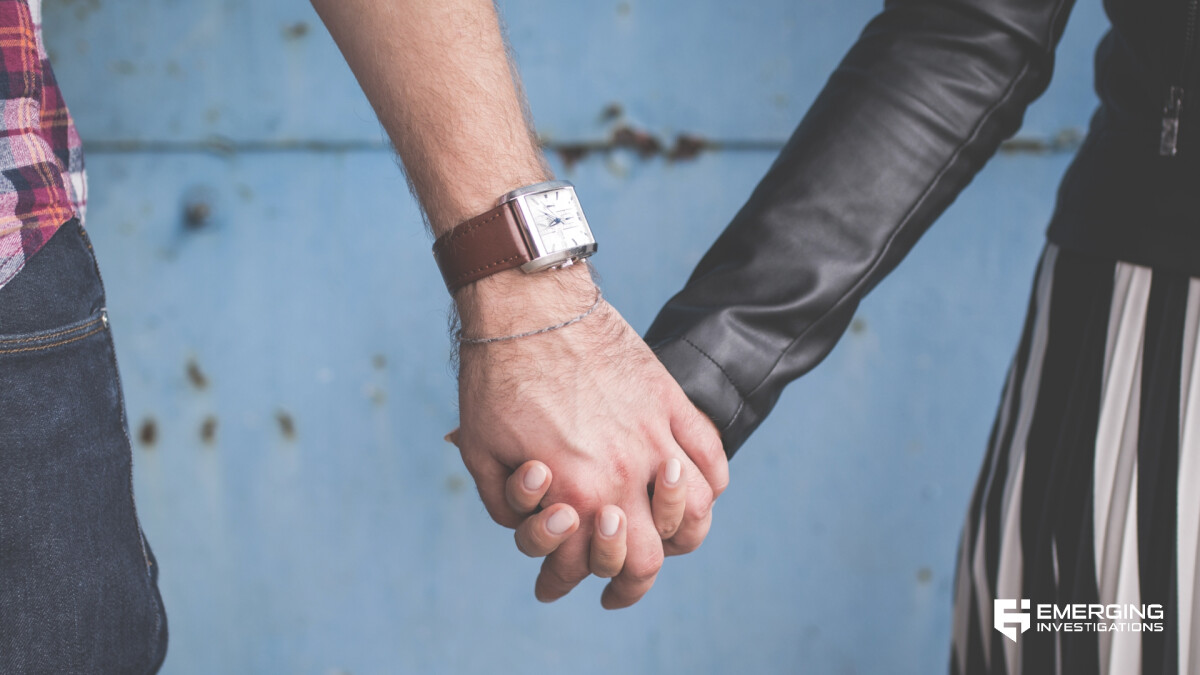In a world where questions often outnumber answers, sometimes you need more than just speculation – you need concrete facts. This is where the specialized role of a surveillance private investigator comes into play.
Far from the dramatic portrayals in movies, real-world surveillance services are a meticulous, legally sound, and highly ethical process aimed at gathering verifiable evidence. Whether it's to uncover fraud, settle a personal dispute, or ensure the safety of a loved one, these professionals provide a vital service.
This blog post will take you on a journey into the world of surveillance private investigators. We'll explore what their work truly entails, why people seek their expertise, the methods and tools they employ, and the crucial legal and ethical boundaries they must operate within.
By the end, you'll have a clear understanding of how these discreet professionals help individuals and businesses find the answers they need.
What Exactly is Surveillance in Private Investigation?
At its core, surveillance private investigators engage in the systematic observation of a person, place, or vehicle, conducted discreetly to obtain information, evidence, or intelligence. It's not about 'spying' in the nefarious sense, but rather about fact-finding. A professional private investigator uses surveillance to gather objective data that can prove or disprove a theory, support a legal claim, or simply provide peace of mind.
Unlike casual observation, professional surveillance involves careful planning, precise execution, and detailed documentation. The goal is to collect irrefutable evidence – typically in the form of photographs, video recordings, or detailed written logs – that can stand up to scrutiny, whether in a court of law or for personal decision-making.
Why Do People Hire Private Investigators for Surveillance?
The reasons individuals and organizations turn to private investigators for surveillance are diverse, often stemming from a need for definitive proof in sensitive situations. Here are some of the most common scenarios:
Infidelity Cases
Perhaps one of the most commonly associated reasons, surveillance can provide factual evidence in situations where a spouse or partner is suspected of infidelity. While emotionally challenging, concrete evidence can be crucial for divorce proceedings, alimony, or child custody arrangements, offering clarity and strength to a legal position.
Child Custody Disputes
In highly sensitive child custody battles, a parent may need to prove that the other parent is engaging in activities detrimental to the child's well-being or is violating custody agreements. Surveillance can document things like neglect, unsafe living conditions, substance abuse, or the introduction of unsuitable individuals into the child's life, helping courts make decisions that are in the child's best interest.
Worker's Compensation Claims
For businesses and insurance companies, worker's compensation fraud is a significant concern. Surveillance can be used to observe an individual claiming an injury, documenting their activities to determine if they are genuinely incapacitated or if their claims are exaggerated or false. This helps prevent fraudulent payouts and ensures fair treatment for legitimate claims.
Insurance Fraud
Beyond worker's compensation, private investigators are frequently employed by insurance companies to investigate various types of insurance fraud, including false injury claims, staged accidents, or property damage claims. Surveillance helps verify the claimant's activities and lifestyle, often uncovering inconsistencies with their reported condition or circumstances.
Locating Missing Persons or Witnesses
While not direct 'surveillance' in the traditional sense, tracking the movements and habits of a person of interest through observation can be a part of locating missing persons, debtors, or crucial witnesses for legal cases. This often involves a blend of physical surveillance and background checks in Florida.
Background Checks for Business or Personal Reasons
When hiring for a sensitive position, entering a new business partnership, or even vetting a caregiver, surveillance might be used discreetly to verify aspects of an individual's lifestyle, habits, and associations that are not readily apparent through conventional background checks.
The Methods and Tools of Professional Surveillance
Professional surveillance is a blend of art, science, and technology. It requires immense patience, keen observation, and a deep understanding of legal boundaries. PIs utilize various methods and tools to gather information effectively:
Physical Surveillance (Mobile, Static, Foot)
This is the most common form of surveillance. It involves an investigator physically observing a subject. This can be:
Mobile Surveillance: Following a subject in a vehicle, requiring skilled driving, knowledge of the area, and quick decision-making to avoid detection.
Static Surveillance: Observing from a fixed position, such as a parked car, a building, or a concealed spot, often for extended periods.
Foot Surveillance: Following a subject on foot, typically in busy urban environments, demanding the ability to blend in seamlessly with crowds.
Investigators often employ multiple vehicles, disguises, and carefully chosen vantage points to remain undetected.
Technical Surveillance
Modern technology has greatly enhanced surveillance capabilities, but its use is strictly regulated to protect privacy.
Cameras: High-definition video cameras and still cameras are essential for documenting observations. Covert cameras (hidden) are used ethically and legally in specific contexts, such as monitoring a public area from a private property or with consent.
GPS Trackers: In some jurisdictions and under specific legal conditions, GPS tracking devices can be used on vehicles to monitor movements. However, laws regarding their use vary significantly by state and case type, often requiring consent or a court order.
Audio Recording: Generally, intercepting private conversations is illegal without the consent of at least one party (one-party consent states) or all parties (two-party consent states). Professional PIs strictly adhere to these laws.
Digital/Online Surveillance (OSINT)
Open-Source Intelligence (OSINT) involves collecting and analyzing information available in the public domain. This includes social media profiles, public records, news articles, forums, and other online sources. While not traditional 'surveillance' of live activity, it's an invaluable tool for building a subject's profile, understanding their habits, and identifying potential areas for physical surveillance. PIs are experts at sifting through vast amounts of data to find relevant clues.
The Art of Blending In and Observation
Beyond the tools, the most crucial assets of a PI are their innate skills: patience, acute observation, memory, and the ability to blend seamlessly into any environment. A good investigator can spend hours, even days, waiting, watching, and recording without drawing attention to themselves. They notice small details that others miss, recognizing patterns and anomalies in a subject's behavior.
Legal and Ethical Considerations: Operating Within the Law
Operating a private investigation business, especially one involving surveillance, comes with significant legal and ethical responsibilities. A reputable PI always adheres strictly to the law.
Privacy Laws
Private investigators must navigate complex privacy laws. They cannot trespass on private property, place hidden cameras in private spaces (like inside a home or bathroom), or engage in activities that would constitute harassment. Their work focuses on observing activities in public spaces or on private property where they have legal access or the subject has no reasonable expectation of privacy.
Most states require private investigators to be licensed. This typically involves background checks, examinations, and adherence to professional standards. Hiring an unlicensed PI can not only compromise your case but also expose you to legal risks if their actions are unlawful.
Most states require private investigators to be licensed. This typically involves background checks, examinations, and adherence to professional standards. Hiring an unlicensed PI can not only compromise your case but also expose you to legal risks if their actions are unlawful.
Evidence Admissibility
For surveillance evidence to be admissible in court, it must be collected legally and without coercion. A professional PI understands the chain of custody for evidence, proper documentation, and how to present findings in a clear, unbiased manner that will hold up under legal scrutiny.
Ethical Boundaries
Beyond legal compliance, ethical conduct is paramount. A professional PI will never resort to illegal tactics, entrapment, or harassment. Their objective is to gather facts, not to create scenarios or infringe upon rights. They maintain strict confidentiality with their clients and conduct all investigations with integrity.
What to Expect When Hiring a Surveillance Private Investigator
If you're considering hiring a surveillance private investigator, knowing what to expect can ease the process:
Initial Consultation
The process typically begins with a confidential consultation. You'll discuss your situation, what information you hope to obtain, and any specific concerns you have. The PI will assess the feasibility of the case, explain the legal limitations, and determine if surveillance is the appropriate course of action.
Investigation Plan and Agreement
Based on the consultation, the PI will propose an investigation plan, outlining the scope, estimated duration, methods to be used, and the associated costs. A formal agreement or contract will then be drawn up, detailing the terms of engagement, confidentiality, and payment structure.
Reporting and Evidence Delivery
Throughout the surveillance period, the PI will maintain detailed logs and records. Upon completion, you'll receive a comprehensive report summarizing the findings, accompanied by any collected evidence such as video footage, photographs, and timestamps. These reports are often meticulously prepared to be suitable for legal proceedings if necessary.
Court Testimony (If Needed)
In some cases, the private investigator may be required to testify in court regarding their findings and the methods used to collect evidence. A reputable PI is prepared for this, able to articulate their observations clearly and defend the integrity of their investigation.
The Qualities of a Top Surveillance Private Investigator
Not all private investigators are created equal. When choosing one for surveillance, look for these key qualities:
Patience and Perseverance: Surveillance often involves long hours of waiting with no immediate results.
Keen Observation Skills: The ability to notice subtle details and piece together a coherent narrative.
Adaptability and Resourcefulness: Every situation is unique; a good PI can adapt to changing circumstances on the fly.
Discretion and Confidentiality: Maintaining client privacy and operating without drawing attention.
Technical Proficiency: Competence in using cameras, tracking tools, and digital resources.
Strong Legal Knowledge: A thorough understanding of relevant laws and regulations.
Excellent Reporting Skills: The ability to document findings clearly, accurately, and professionally.
Conclusion
Surveillance private investigators play a critical role in helping individuals and businesses uncover the truth. Their work is a blend of traditional investigative techniques, modern technology, and unwavering dedication to legal and ethical standards. While often associated with dramatic personal cases, their expertise extends to a wide array of situations, from safeguarding children to combating corporate fraud.
Hiring a professional, licensed surveillance private investigator means entrusting your sensitive concerns to someone who operates with precision, discretion, and a commitment to obtaining verifiable facts. If you find yourself in a situation where concrete evidence is needed to make informed decisions or pursue justice, understanding the value and capabilities of a surveillance private investigator is your first step towards finding the answers you seek.
What kind of evidence can surveillance private investigators gather, and how valuable is it?
Surveillance private investigators primarily gather objective, factual evidence that provides a verifiable record of a subject's activities. The most common types of evidence include:
- Video Footage: High-quality video recordings of a subject's movements, interactions, and activities.
- Photographs: Still images that capture specific moments or details relevant to the investigation.
- Detailed Activity Logs: Comprehensive written records including timestamps, locations, specific actions observed, and any relevant environmental details.
- Vehicle Information: License plate numbers, vehicle descriptions, and patterns of vehicle use.
- Observation Notes: Written documentation of non-visual observations, such as conversations overheard (if in public) or specific behaviors.
The value of this evidence is significant because it is:- Objective and Unbiased: Unlike personal testimony, surveillance evidence presents a factual, visual, or documented account of events, free from personal bias or interpretation.
- Verifiable: With timestamps, dates, and locations, the evidence is difficult to dispute.
- Admissible in Court: When collected legally and ethically, this evidence can be highly persuasive in legal proceedings, such as divorce cases, child custody disputes, or fraud claims.
- Informative for Decision-Making: Beyond court, it provides clients with clear, concrete information to make informed personal or business decisions.
- Confirmatory or Disproving: It can either confirm suspicions or, equally important, disprove them, providing peace of mind or a basis for moving forward.
What ethical guidelines and limitations do professional surveillance private investigators follow?
Professional surveillance private investigators adhere to a stringent set of ethical guidelines and acknowledge clear limitations to maintain their integrity and the validity of their work:
- Legality and Licensure: They operate only within the confines of the law, holding all necessary licenses and permits for their jurisdiction.
- Respect for Privacy: While gathering information, they are acutely aware of an individual's right to privacy, only conducting surveillance in public areas or where there is no reasonable expectation of privacy. They never engage in illegal wiretapping, trespassing, or the use of illegal surveillance devices.
- Objectivity and Impartiality: Investigators must remain neutral and objective, reporting only the facts as observed, without personal bias or emotional involvement. Their goal is to uncover truth, not to confirm a client's suspicions.
- Confidentiality: All client information and investigation details are kept strictly confidential.
- Professionalism and Discretion: They conduct themselves with the utmost professionalism and discretion, ensuring their activities do not draw attention or cause undue alarm.
- Truthfulness and Accuracy: All reports and evidence must be factual, accurate, and verifiable. They will not fabricate or misrepresent information.
- No Harassment or Entrapment: Investigators do not engage in harassment, stalking, or any form of entrapment.
- Clear Communication: They maintain transparent communication with clients about the scope, limitations, and potential outcomes of the investigation.
Is it legal for a private investigator to conduct surveillance, and what are the general rules?
Yes, it is generally legal for licensed private investigators to conduct surveillance, but they must strictly adhere to the law. The legality hinges on where and how the surveillance is conducted:
- Public Spaces: Surveillance is typically legal in public places where there is no reasonable expectation of privacy, such as streets, parks, public businesses, or from a public vantage point overlooking private property.
- No Trespassing: Investigators cannot trespass on private property to conduct surveillance without explicit permission. This includes entering a person's home, backyard, or private office.
- No Invasion of Privacy: Private investigators cannot engage in activities that invade a person's reasonable expectation of privacy. This includes wiretapping phones, installing hidden cameras in private areas (like bathrooms or bedrooms), or hacking into private online accounts.
- No Harassment: Surveillance must not cross the line into harassment or stalking. It must be conducted discreetly and without the subject's knowledge.
- Adherence to Local Laws: Private investigators must be licensed and operate in accordance with all state and federal laws, which can vary regarding specific permissions and restrictions on surveillance activities.
In what situations might someone need to hire a surveillance private investigator?
People typically hire surveillance private investigators when they need objective, verifiable evidence regarding the activities of an individual or the facts of a situation. Common scenarios include:
- Marital and Domestic Issues: Investigating suspected infidelity or concerns related to child custody and co-parenting agreements.
- Insurance Fraud: Gathering evidence for insurance companies to verify the legitimacy of claims, such as workers' compensation or personal injury claims.
- Corporate Investigations: Uncovering employee misconduct, intellectual property theft, embezzlement, or verifying non-compete clause adherence.
- Child Custody Disputes: Documenting a parent's living conditions, adherence to visitation schedules, or activities that may impact the child's well-being.
- Due Diligence: Verifying the lifestyle or background of an individual in business partnerships, investments, or high-stakes personal relationships.
- Missing Persons: Assisting in locating individuals by tracking potential movements or contacts.
What exactly is a surveillance private investigator, and what do they typically do?
A surveillance private investigator is a licensed professional who specializes in discreetly observing individuals or situations to gather information and evidence. Their primary role involves:
- Observation: Systematically watching and monitoring a subject's activities, movements, and interactions.
- Documentation: Recording observations through various means, such as photographs, video footage, written notes, and detailed activity logs.
- Information Gathering: Collecting objective, factual data without direct interaction or interference with the subject.
- Reporting: Compiling all gathered evidence into comprehensive, well-organized reports that can be used for legal proceedings, personal decisions, or corporate investigations.





